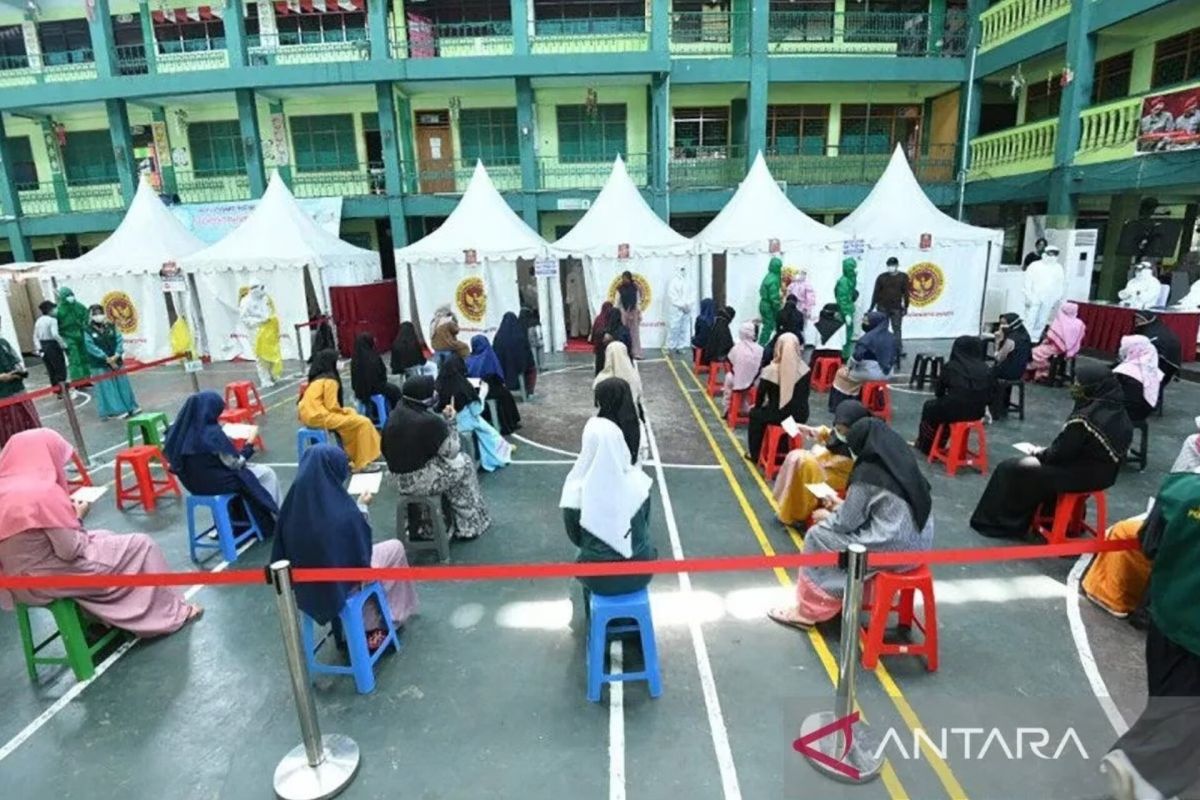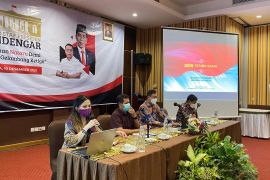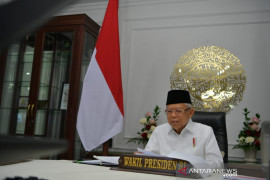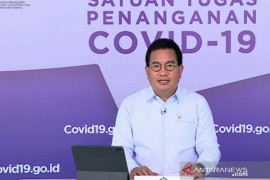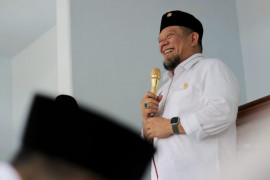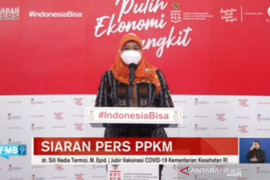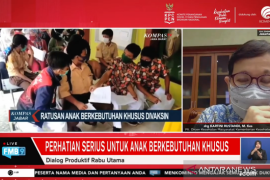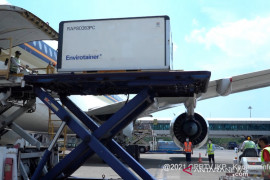The vaccines are locally made Inavac and Indovac.
"However, for other groups who are not categorized as high-risk, they must pay," deputy minister of health, Dante Saksono Harbuwono, said during a meeting with Commission IX of the House of Representatives here on Monday.
He explained that the provision of COVID-19 vaccination refers to the Health Minister’s Regulation Number 23 of 2023 and Circular Number 2 of 2023 of the Directorate General of Pharmaceuticals and Medical Devices, which has been in place since January 2024.
Harbuwono explained that the vaccination will be provided at health facilities and target older adults, adults with comorbidities, people with immunodeficiency, pregnant women, and health workers.
According to him, COVID-19 vaccinations are being provided at 240 locations spread across 27 provinces.
He informed that 1,345 active cases of COVID-19 have been recorded in the period from January to March this year, with the number of weekly cases pegged at 28.
"The trends of people tested per week from the start of 2024 decreased from 0.06 to 0.04. The majority of testing was still recorded in Java and Bali. Meanwhile, (the number of people receiving) treatment in both the ICUs and isolation rooms is decreasing," he said.
He added that on a weekly basis, four provinces have shown an increase in the number of people undergoing isolation, and four provinces have registered an increase in the number of patients treated in ICUs.
He underlined that as part of COVID-19 handling, his ministry has been carrying out weekly case monitoring and tracking influenza-like illness and severe acute respiratory infection cases.
The ministry has also been carrying out whole genome sequencing and monitoring travelers at the country's entry gates.
In terms of vaccinations, he affirmed that his ministry is continuing to ensure the availability of logistics and COVID-19 vaccination services.
As for the therapeutics aspect, he stated that medicines and hospital capacity are still available so that they can meet the treatment needs of current cases.
He also underlined the importance of public communication in handling the disease to boost community participation.
"The first is the issuance of a circular regarding a surge in cases, then a dissemination regarding awareness of a surge in cases, as well as increasing public health promotion regarding health protocols through social media and other media," he said.
Related news: COVID-19 pandemic provides lesson to anticipate unknown viruses
Related news: WHO, EU to help boost Indonesia's resilience against future pandemics
Translator: Mecca Yumna, Raka Adji
Editor: Rahmad Nasution
Copyright © ANTARA 2024
